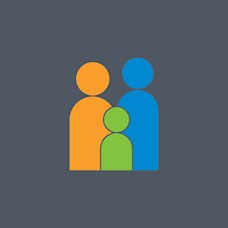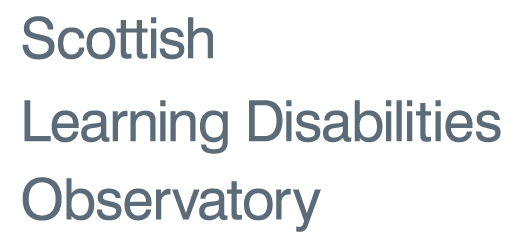Reproductive (in) justice and inequality in the lives of women with intellectual disabilities in Scotland

Background
Previous research has shown that disabled women face inequalities in their reproductive, gendered, sexual health and wellbeing. Disabled women have, historically, been subject to forced and coerced sterilisation, are less likely to receive routine cervical smear and breast screenings and face multiple barriers to family planning. Women with learning disabilities, in particular, face multiple systemic barriers to supported decision-making around their reproductive lives despite Scotland’s commitment to Human Rights. We aimed to explore the experiences of women with learning disabilities, in Scotland, in relation to their reproductive and sexual wellbeing to better understand these barriers. This paper builds on work we did with Engender Scotland on their ‘Our Bodies, Our Rights’ project.
What we did
We took a multi-method approach to finding out about women with learning disabilities’ experiences. We collaborated with 33 women with learning disabilities across Scotland. 12 women took part in 3 focus groups across Scotland’s central belt and 21 women took part in an accessible questionnaire. For the questionnaire, we asked women about what problems they had experienced, what would make life better for them and we asked about any good experiences they had (in relation to their reproductive lives). We developed topic cards with focus group participants so they could decide which topics they wanted to discuss and to prioritise what was important to them. The data were transcribed and analysed using thematic analysis.
What we found
We found that, although Scotland has a relatively robust policy landscape that supports women’s reproductive rights, women with learning disabilities still faced many of the same barriers and reproductive injustices they did 20 years ago. We found that women with learning disabilities were unlikely to receive equal or accessible sexual health education at school, and that participants wanted to receive lifelong sexual and reproductive health information as they grew older. Very few participants knew why they menstruated, how to manage menstruation or that it was linked to the possibility of pregnancy and none of the participants felt that they knew what menopause was or how to manage it. We found that participants were very likely to be encouraged to use in-situ hormone-based contraception but did not feel that they were supported to choose whether they wanted this or not.
What this means
Women with learning disabilities continue to face systemic inequalities in relation to their sexual and reproductive health and wellbeing. The findings from this study show that there is a need to ensure that women (and girls) with learning disabilities receive equal and accessible relationship and sexual health education at all stages of their lives. This information needs to be in multiple accessible formats and in consultation with women with learning disabilities. In line with Human Rights policy, namely the UNCRPD and CEDAW (the United Nations Convention on the Rights of Persons with Disabilities and the Conventional on the Elimination of all forms of Discrimination Against Women), women with learning disabilities are entitled to support to make informed decisions about their sexual and reproductive wellbeing. These findings highlight the need for further research into the experiences of mothers with learning disabilities and girls with learning disabilities’ experiences of sexual and reproductive inequalities.
The original article for this research can be found online in the Scandinavian Journal of Disability Research.
For more information about this research, please contact Dr Phillippa Wiseman
Page updated 2nd December 2020.
